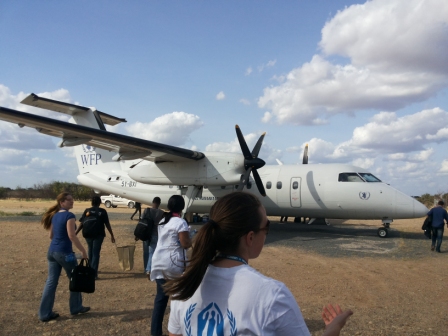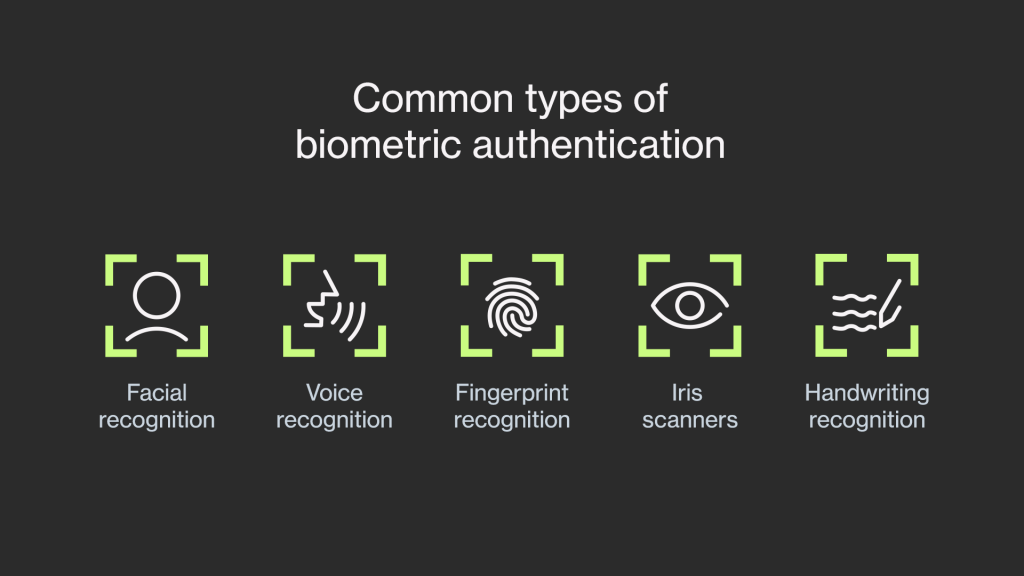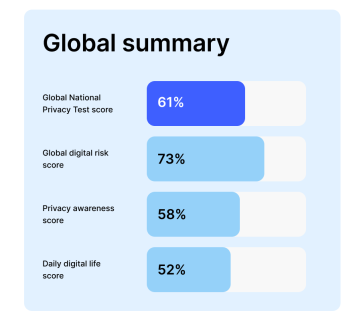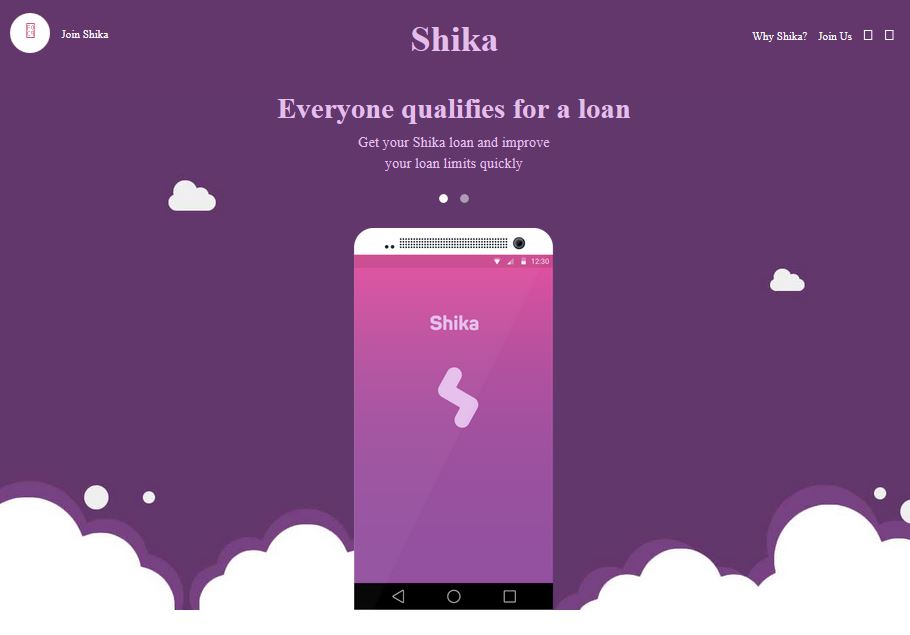About 18,000 Dadaab youth are in for a treat in the coming few months.
The UNHCR, Vodafone Foundation and Safaricom, have announced a partnership that will see them bring mobile-based education programmes to pupils at 13 schools in one of the world’s largest refugee camps in Kenya; the Dadaab Refugee Camp.
In 2013, we visited Dadaab refugee camp on a similar study to check on ICT initiatives being explored by Microsoft there. Read about it on juuchini.
The Instant Network Schools at Dadaab refugee camp will offer learning programmes to 18,000 young refugees between the ages of seven and 20 years and this announcement has come on a day when the World marks World Teachers Day, in honour of those who undertake the teaching profession and call for quality education globally.
Nzioka Waita, Safaricom Director of Corporate Affairs, notes that the project is aimed at ensuring all children in Dadaab refugee camp have access to quality education just like children in other parts of the country.
“We are happy to be part of this innovative project that will eventually significantly transform the lives of at least 65,000 children in Dadaab. This is a platform that will enable child refugees and teachers’ access digital educational content as well as the internet,” he said.
Safaricom is providing connectivity across all the 13 solar-powered schools donated by Vodafone Foundation. Telecommunications equipment company Huawei has donated 235 tablets to the programme.
“There were 16.7 million refugees worldwide at the end of 2013 and 50 per cent of them are under the age of 18. Tablet-based learning programmes will provide many of the children in Dadaab with an unlimited information resource that they would otherwise not have had.” said Vodafone Foundation Director Andrew Dunnett.
The population in Dadaab stood at 423,496 registered refugees with 58 percent being below the age of 18 years according to statistics from UNHCR tabulated in April 2014.
Many school-age children arrive at the camp with no prior education and school enrollment remains low.
UNHCR has found that, of the 279,000 children living in Dadaab, 41% are enrolled in primary schools and only 8.5% are in secondary education.
“We are happy with this partnership which brings technology to our education system. Education is central in the lives of refugees since it is the most important thing that they can carry home. We are committed to ensure the success of the project.” said UNHCR Representative in Kenya Raouf Mazou.
A total of 378 teachers in Dadaab will be trained to provide tablet-based education programmes and the pupils will use the technology to make contact with school children and professionals in other countries as part of their studies.





